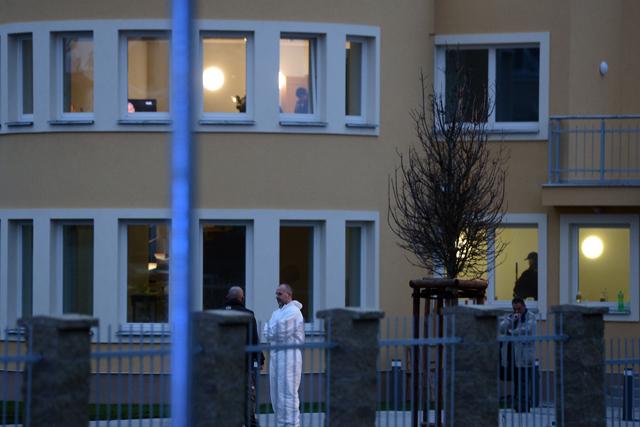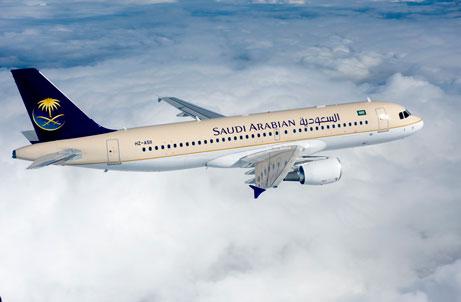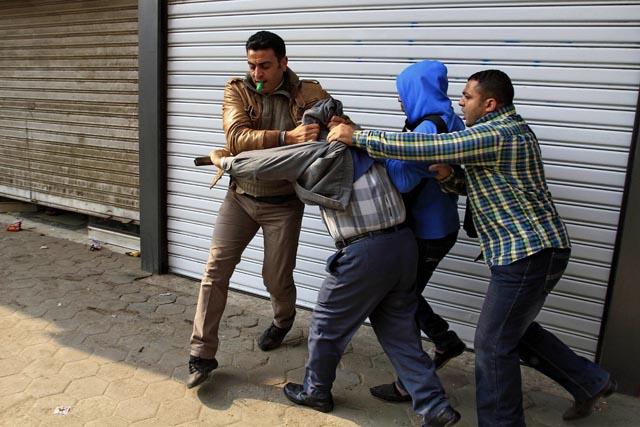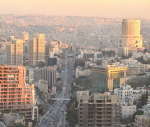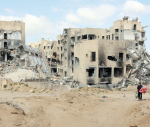BEIRUT –– Several prominent Lebanese politicians and media figures opposed to Syria’s regime and its ally Hizbollah have been threatened, the official National News Agency (NNA) reported on Sunday.
The report comes less than a fortnight after a car bombing in central Beirut killed eight people including anti-Syria former finance minister and member of the March 14 coalition Mohammad Shatah.
The NNA said Sethrida Geagea, a Christian member of parliament, March 14 member and wife of Lebanese Forces chief Samir Geagea, had a series of threats sent to her mobile phone.
“At 5:00pm 1500 GMT on January 4, Sethrida Geagea MP started receiving calls on her mobile phone from several local, international and hidden numbers,” the agency said, quoting the politician’s media office.
A statement said Geagea’s colleagues answered the calls, and heard “personal threats against her life, insults and obscenities”.
More such calls came on Sunday, the NNA said.
The threats were reported to the security forces, whom Geagea’s office said should “take the necessary measures” to identify the callers.
A string of other personalities have received similar threats, the statement said.
They include former interior minister Ahmad Fatfat, outspoken TV presenter Nadim Koteich and assassination attempt survivor and journalist May Chidiac.
All are seen as high-profile opponents of Syrian President Bashar Assad’s regime and its powerful Lebanese ally, Hizbollah .
The Shiite movement has sent thousands of fighters into Syria to help Assad’s troops in their bid to crush the revolt that erupted nearly three years ago.
Reports have also emerged that Sunni politician Khaled Daher, a fierce critic of the Damascus regime, has also received threats against his life.
Chatah’s death on December 27 was the latest in a string of nine high-profile assassinations of Syria critics that began in February 2005 with former prime minister Rafik Hariri’s murder.
Syria and Hizbollah have systematically denied any links to the attacks.
An international tribunal tasked with investigating Hariri’s assassination is due to start trying five Hizbollah members in absentia from January 16.
Syria dominated Lebanon for nearly 30 years until the international outcry over Hariri’s killing forced Assad’s troops out.
However, Damascus still exerts influence over Lebanon through its allies.


